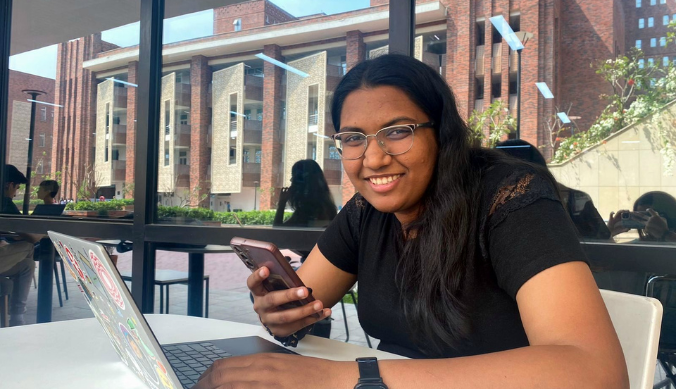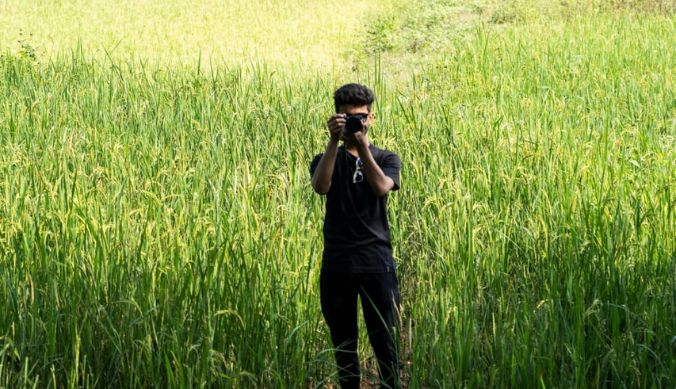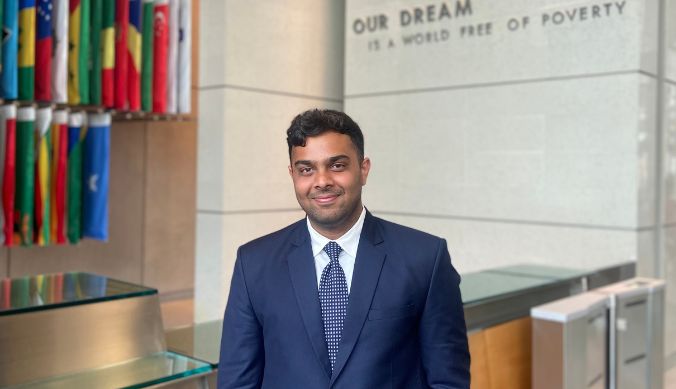Falling in love with life all over again at Ashoka University
Our beautiful campus that is spread across 25 acres could well have been a soulless body if there were no people to make it come alive in vibrant colours, writes Zoya Sayeda
Over the years, the students of Ashoka University have familiarized themselves with every corner of the campus. They have come to associate certain thoughts and feelings with different parts. While some places feel like a gentle pat on the shoulder at the end of a long day at work, the hustle and bustle on other parts of the campus serve to rejuvenate tired minds. All these places together complete what we call the Ashoka Experience and go a long way in creating lasting memories.
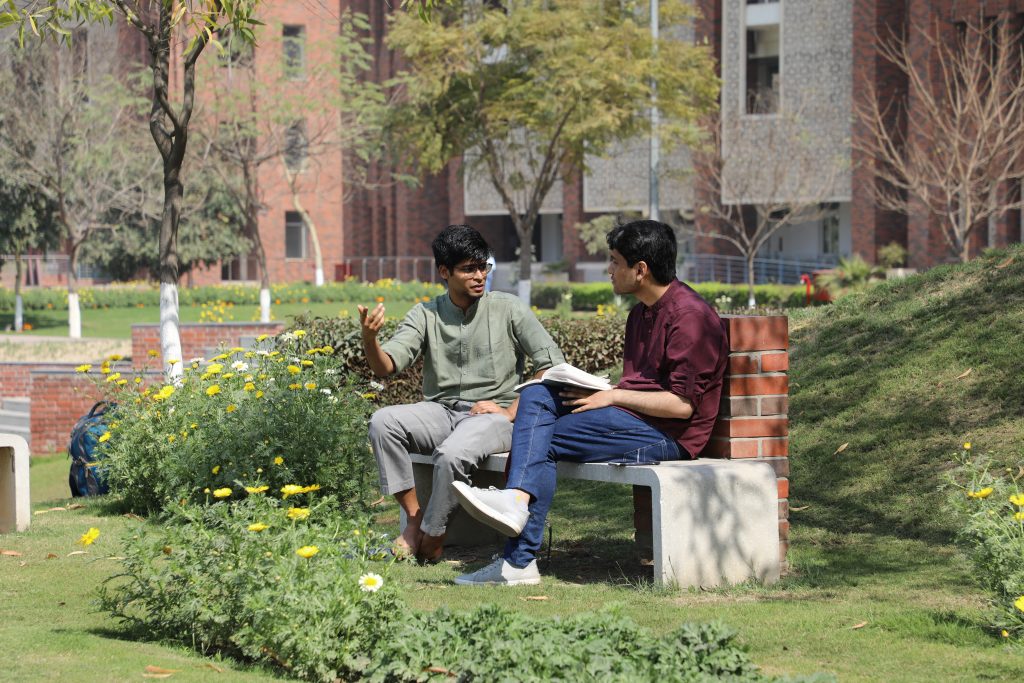
After taking a tranquil and leisurely walk on the mess lawns, entering the mess feels like one has set foot in a completely different universe. Ashoka University’s very own New York, the place that never sleeps, the mess is always teeming with people. There is reverberating music in the air, complemented by a constant silent chanting of Carpe Diem in everybody’s mind.
Experiencing life in this part of the campus feels like one has been thrown into some peppy and energetic track from Student of the Year, except that the Ashokans seem to display a greater scholarly bent of mind than the students in the film! The vibrancy of the place is all-consuming. It is like a rainbow visible across the sky after a bout of thunderous rain, reminding us that on the other side of the storm, there’s comfort and peace, which can be reached only if one remembers to hope fiercely.
Despite being one of the quietest places on campus, the library is where one feels the most alive. It is a place where the dreams and ambitions of people collide to form something greater. If one were to classify the library as a form of literature, it wouldn’t just prove to be your personal diary, a place where you can sit alone with your thoughts and emotions without being judged, but also a highly motivating autobiography that empowers you to study peacefully for hours at end.
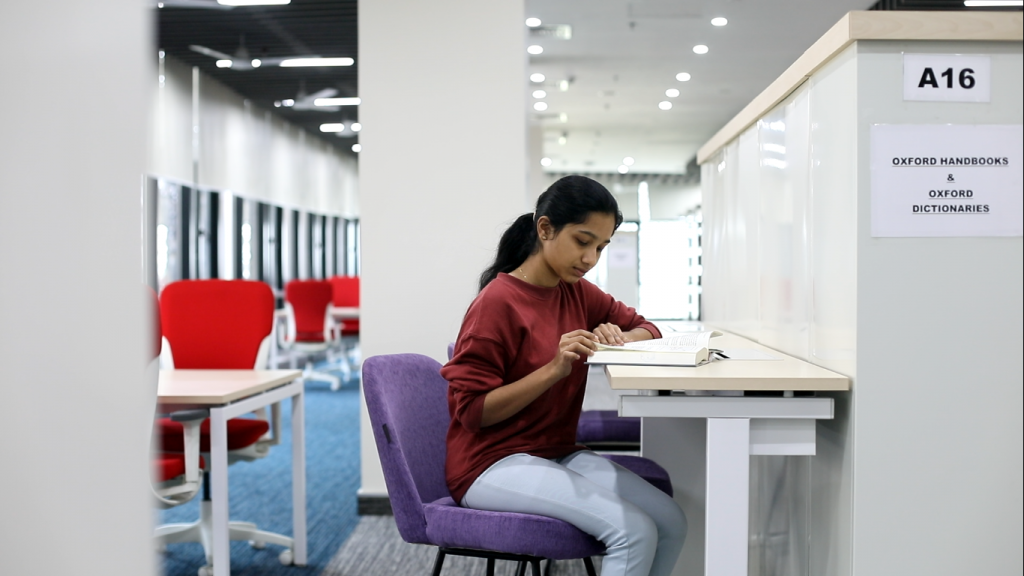
The books and the people alike—all have a story to tell; it’s like every single soul in the library is fiercely waiting to be picked up, to be read. How can a place store an infinite number of uncontainable stories without exploding, one wonders. Regardless, one now knows that the next time a person is seen reading The Fault in Our Stars, we would know exactly what Hazel Grace meant when she said, “Some infinities are bigger than other infinities.”
At night, the Ashokans, like weary travelers seeking refuge at the end of a long summer day, retire to the slopes of the field to replenish and revitalize themselves. For almost every Ashokan, the field proves to be the most personal public space on campus. While some people choose to observe the blustery night winds ruffling their hair and have a dramatic moment of their own, the others observe a moment of peace and quiet, sitting on the slope of the field, listening attentively to the moon’s nightly soliloquies.

The stars, the grass, and the winds, all come together like the Radif, Qaafiyaa and Matla of a Ghazal and form something as coherent and beautiful as Ghalib’s masterpieces. However, at the end of the day, the field with the cool breeze ruffling the moon-soaked grass proves to be something very simple yet integral to every solace-seeker sitting on the slope: the warm embrace of a friend who promises to stick by you through the thick and thin of life.
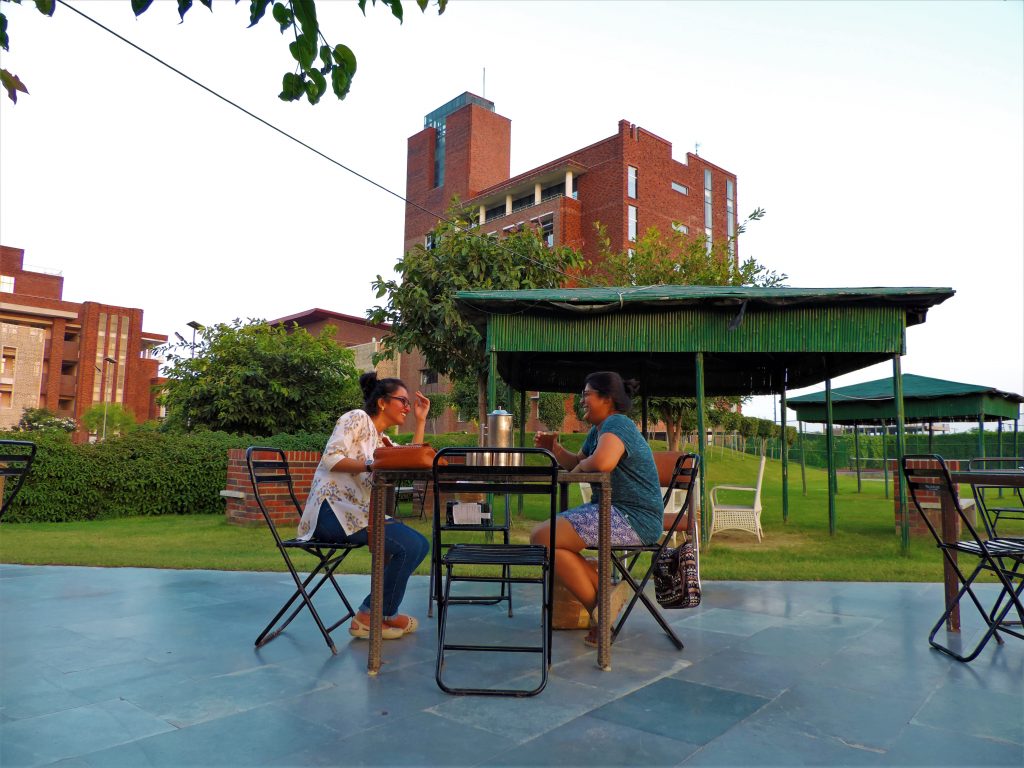
It is not just these larger parts of the campus that hold significance in the Ashokans’ lives, but also the small corners and crevices that often go unnoticed by people who are strangers to this place. Whether it’s the residence hall elevators, that, like your best friend, never seem to be on time, or the Dhaba and other eateries on campus where people have managed to create copious memorable moments, the campus of Ashoka proves to be a heaven to those who are open to the idea of falling in love with life all over again.
(Zoya Sayeda is a first-year student of English and Media Studies at Ashoka University)








